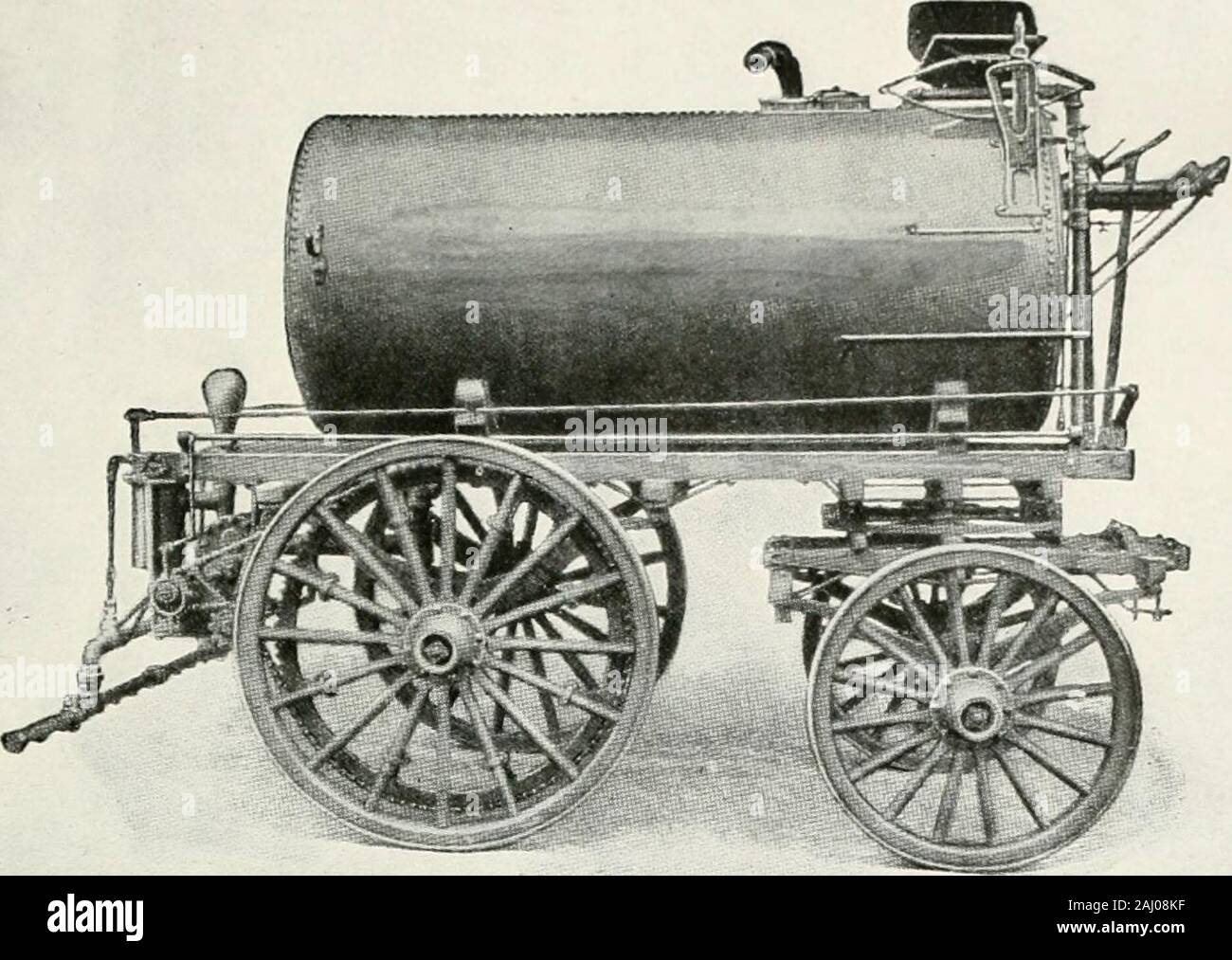Crude oil cannot be finished in the Earth because it is continuously being formed, although at a slower rate than our consumption. As long as there are suitable conditions for oil formation, it will continue to be created.
The Formation And Availability Of Crude Oil
Crude oil is formed over millions of years through a natural process. It starts with the accumulation of organic matter, such as plankton and algae, in marine environments. Over time, this organic matter is buried under layers of sediment.
The primary sources of crude oil are sedimentary basins, which are areas where the necessary conditions for oil formation exist. These conditions include the presence of source rocks, such as shale or limestone, and the right combination of temperature and pressure.
The rate of crude oil formation is influenced by several factors. These include the abundance of organic matter, the burial rate of the sediment, and the temperature and pressure conditions within the sedimentary basin. Additionally, the presence of faults and fractures in the rocks can affect the migration and accumulation of oil.
Overall, crude oil is a limited resource that takes millions of years to form. While new oil can be generated, the rate of formation is much slower than our current consumption rate. Therefore, it is essential to explore alternative energy sources and promote sustainable practices to reduce our dependence on fossil fuels.

Credit: www.alamy.com
The Consumption And Extraction Of Crude Oil
The consumption and extraction of crude oil have significant implications for its availability and future reserves. The global consumption of crude oil is immense, driven primarily by the energy needs of various industries and transportation sectors. This high demand for oil has led to the development of various extraction techniques, such as drilling and hydraulic fracturing, which have their own environmental impacts. While these techniques have significantly increased the production of oil, they have also raised concerns about their long-term sustainability and the impact on natural resources.
Estimating how much crude oil remains on Earth is not an exact science, but current estimates suggest that there are still substantial reserves left. These estimates take into account factors such as undiscovered oil fields, technological advancements in extraction methods, and shifts in global energy consumption. However, it is crucial to note that oil extraction rates may outpace the rate of formation, leading to potential depletion in the future if sustainable alternatives are not explored.
The Future Of Crude Oil
The Future of Crude Oil
Crude oil is a finite resource, and ultimately, it will run out. If that were to happen, the world would face significant consequences. The global economy heavily relies on crude oil for transportation, energy production, and manufacturing. Without crude oil, the cost of energy would skyrocket, leading to higher prices for essential goods and services. Additionally, the depletion of crude oil would have severe environmental impacts, as alternative energy sources may not be as readily available or as efficient.
In recent years, there have been advancements in renewable energy sources such as solar, wind, and hydropower. These alternatives offer a sustainable and environmentally friendly solution to the energy needs of the future. Investing in renewable energy technologies and infrastructure is crucial to reduce our dependence on crude oil and mitigate the potential consequences if it were to run out.
The search for new oil reserves and the development of technology for efficient and sustainable crude oil extraction are ongoing. Innovations in drilling techniques, including horizontal drilling and hydraulic fracturing, have allowed access to previously inaccessible oil reserves. Furthermore, advancements in offshore drilling technology have expanded the possibilities for crude oil extraction from underwater reserves. While these technologies come with their own environmental concerns, they have contributed to the continued availability of crude oil.
Frequently Asked Questions On Can Crude Oil Get Finished In Earth?
Can Oil Finish From Earth?
No, oil cannot be finished from Earth as it is continuously being formed and replenished over time.
How Many Years Of Oil Is Left In The World?
There is no exact answer to how many years of oil is left in the world.
What Happens When Crude Oil Is Finished?
Crude oil does not “finish” in the traditional sense. It can be extracted, used, or stored for future use.
How Many Years Of Oil Does The Us Have Left?
The US has enough oil to last for several decades.
Conclusion
Kly, leaving behind the heavier components that can cause environmental damage. In the extremely unlikely scenario where fossil fuels were left untouched for millions of years and accumulated to immense amounts, their fate would depend on various factors such as geological activity and changes in Earth’s structure.
It is important to note that crude oil is a non-renewable resource, meaning that its extraction rate exceeds its formation rate. While there may be new oil formations occurring deep within the Earth, it is happening at such a slow rate that it is practically negligible in comparison to our consumption.
Therefore, the notion of “running out” of crude oil is not so much about the complete depletion of oil reserves on Earth, but rather the diminishing availability and increasing difficulty and cost of extraction. As we continue to rely heavily on crude oil for energy and various industrial activities, it is essential to explore alternative sources of energy and transition towards more sustainable and renewable options.
This will not only help mitigate the environmental impacts associated with fossil fuel consumption but also ensure a more secure and stable energy future. Ultimately, the longevity of crude oil reserves will depend on our ability to adapt and adopt cleaner energy solutions.





